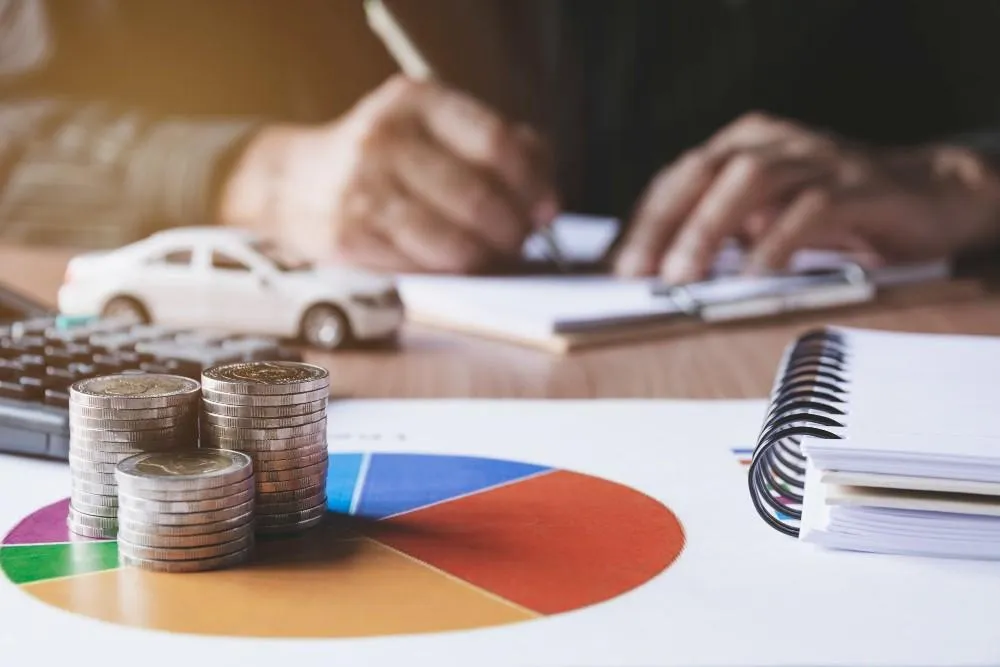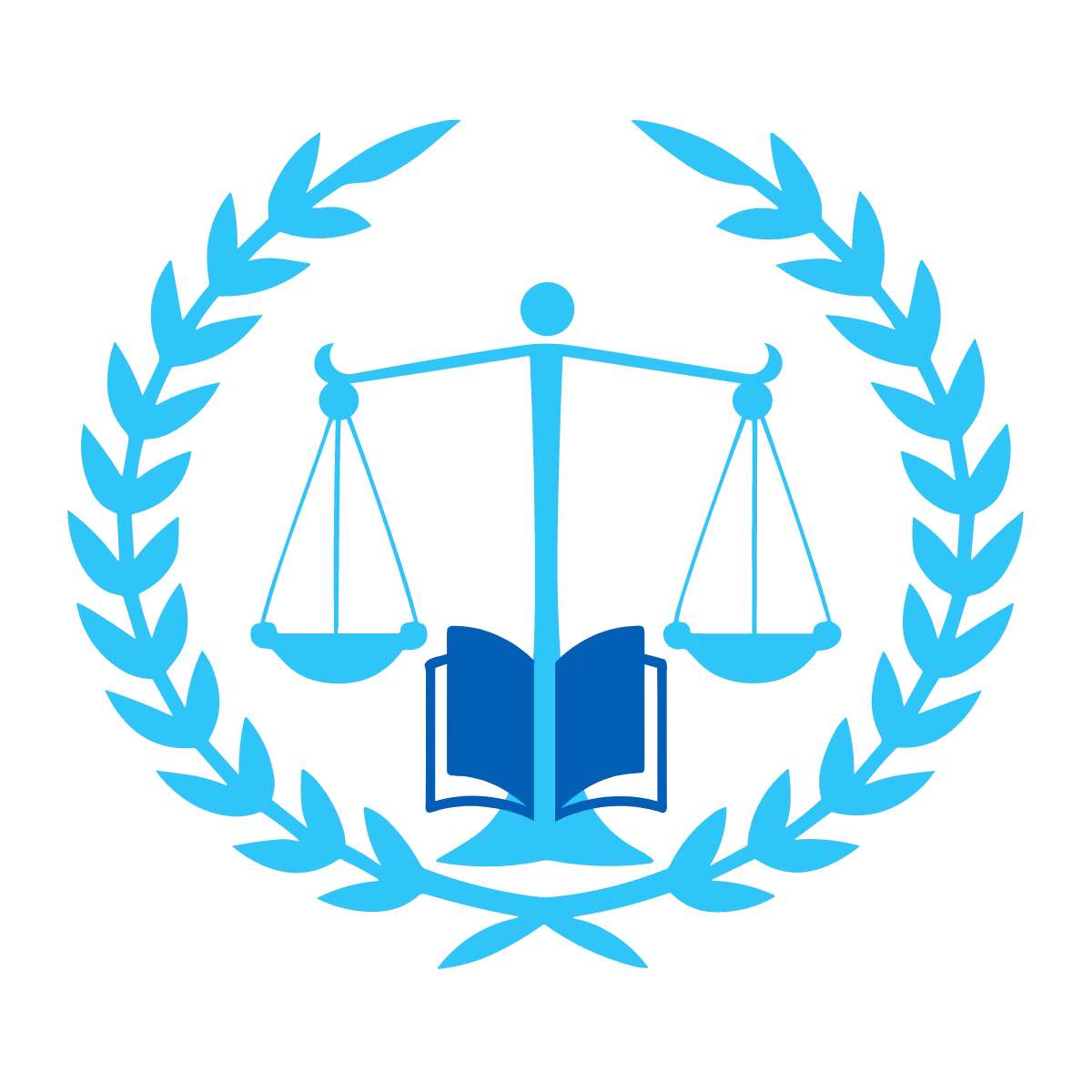Blog

What Are Liabilities? Definition, Types, and Real-Life Examples
In accounting, 'liabilities' is a keyword that means the debts or money a company or person owes to others. These can be loans, unpaid bills, or any other kind of money that needs to be paid back.
Understanding what is liability in accounting helps us know how much debt we have and how we can manage our money better. Liabilities are divided into different kinds, each with its own rules and timeframes for payment.
This article is going to explain all about liabilities - what they are, the different types, why they're important, and some examples from everyday life. Let's dive in!
What are Liabilities in Accounting?
Liabilities are basically the money that a company needs to pay back to others. This can include loans from banks, money owed to suppliers for goods, or even wages that haven't been paid to employees yet. It's important for businesses to keep track of their liabilities carefully because it shows how much debt they're in and helps them plan their spending and savings.
Moreover, while assets can add to a company's wealth, liabilities can decrease it if not managed well. But, having liabilities is not always bad; it often means a business is investing in its future growth. An example of the meaning of liabilities in accounting is taking a loan to buy new equipment could help a company make more products and increase its profits down the road.
Types of Liabilities

Understanding the different types of liabilities in accounting is crucial for managing finances effectively. Liabilities are like the various kinds of debts or amounts of money that businesses or people owe to others. They're divided into main categories based on when they need to be paid off: short-term and long-term.
1. Current Liabilities (Short-term)
Current liabilities are debts or obligations that need to be paid within a year. They are crucial for the day-to-day running of a business. This category includes things like bills that need to be paid, short-term loans, and money owed to suppliers (accounts payable). For individuals, it could mean credit card debt or monthly bills.
2. Non-Current Liabilities (Long-term)
On the other hand, non-current liabilities are debts or obligations that are due after more than a year. These are typically larger amounts of money borrowed for big investments or long-term growth, such as loans for buying property or equipment. For individuals, this might include a mortgage on a house. These kinds of liabilities are planned for the future, so they're not about the immediate cash flow but rather long-term financial planning and investment.
Why Liabilities are Important for You?
Liabilities are crucial for both businesses and individuals because they play a big role in financial health and planning. For businesses, knowing about liabilities helps them figure out how much money they owe and when they need to pay it back.
This is important because it affects how much cash they have on hand for day-to-day operations and for making long-term plans. Businesses need to balance their debts carefully to keep growing and to make sure they can always pay their bills on time. If a company manages its liabilities well, it can also get better terms on loans and other forms of credit in the future.
For individuals, understanding liabilities like loans, credit card debt, and mortgages helps with making smart money decisions. It's about knowing how much you owe and planning how to pay it back without getting overwhelmed. Managing personal liabilities well means you can save more money, invest in the future, and avoid financial stress. It's also about building a good credit score, which is important if you want to borrow money for big purchases like a home.
By keeping a close eye on liabilities and handling them wisely, you can build a stronger financial foundation for the future. This is why understanding and managing liabilities is a key skill in both business and personal finance.
Daily Life Examples of Liabilities

Liabilities are a common part of everyday finances, affecting individuals and families just as much as big companies. By looking at some everyday examples, we can see how liabilities play a role in our personal financial landscape.
Mortgages
One of the most significant liabilities in accounting that many people take on is a mortgage. This is a long-term loan used to buy a house, which you pay back, with interest, over many years. Each monthly payment you make towards your mortgage reduces this debt, but until it's fully paid off, it remains a liability. Mortgages are a key part of financial planning for homeowners, influencing how they manage their money and savings over time.
Credit Card Debt
Another common liability is credit card debt. This happens when you buy things with your credit card and don't pay off the balance right away. Interest charges can add up quickly, making it more expensive the longer it takes to pay off. Managing this kind of debt wisely is crucial to maintaining good financial health and avoiding the stress that comes with large unpaid balances.
Car Loans
Car loans are another example of liabilities that many people deal with. When you finance a vehicle, the loan amount, plus any interest, needs to be paid back over time. Just like with mortgages, each payment reduces the total amount owed, but until the loan is fully paid off, it counts as a liability. For many, managing a car loan is a key part of their monthly budgeting.
Utility Bills
Even monthly utility bills, like electricity, water, and internet, can be considered short-term liabilities. They represent money that you owe for services you've already used. Keeping up with these payments is important for maintaining good credit and avoiding penalties or service interruptions.
Summary
Liabilities are very important in both our personal lives and in business. Knowing about and managing liabilities in accounting well helps us keep our finances healthy and grow our money. Whether dealing with loans, credit card debt, or bills, understanding liabilities helps us make better decisions and plan for the future. It's all about being smart with our money and making sure we can handle what we owe.

About Us
We are more than just bookkeepers, we are your Data Detectives. Committed to excellence and empowering businesses with precise financial insights and strategic solutions.
Important Pages
Contact Us
Mon-Fri 9am-5pm
Office Address
5470 Kietzke Lane
Suite 300 - #367
Reno, NV 89511
© Copyright 2024. Victory Holdings Inc. All rights reserved.
